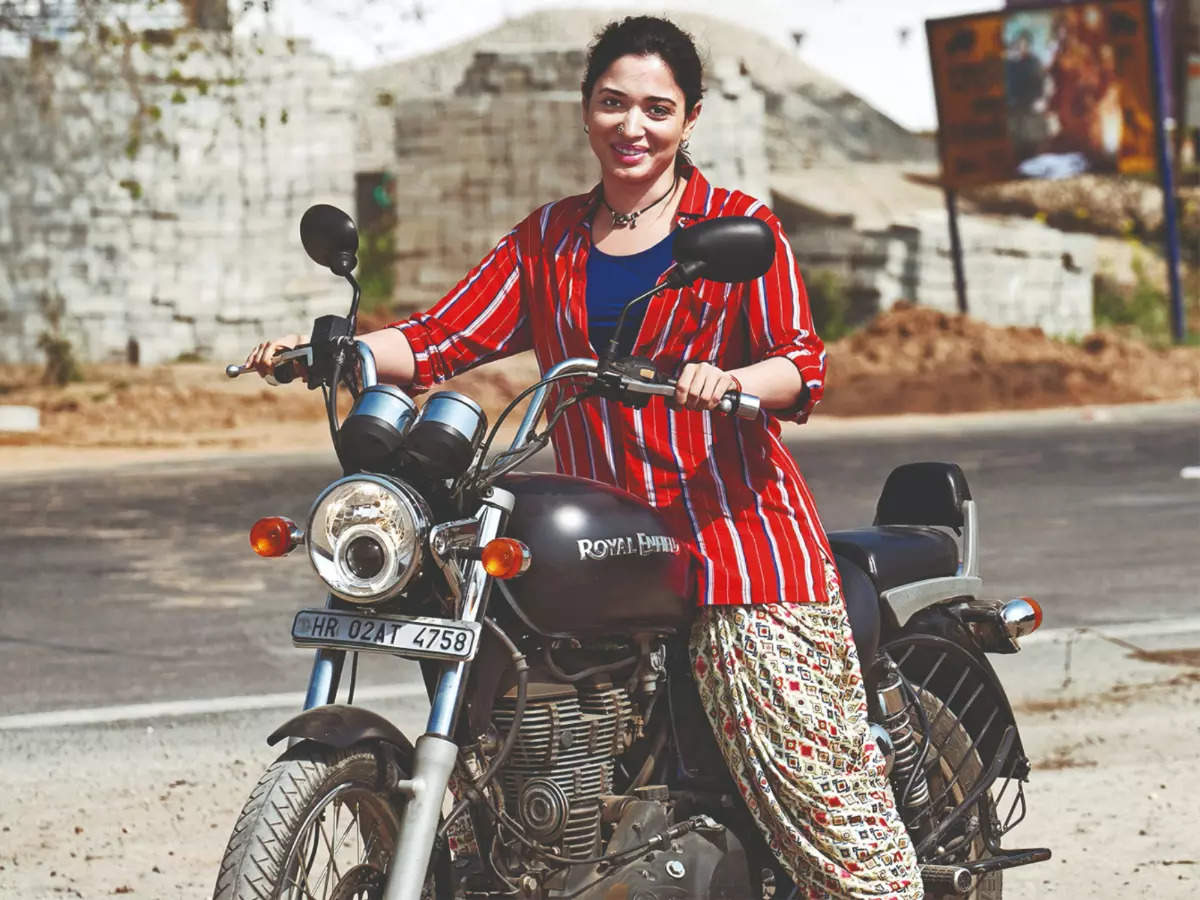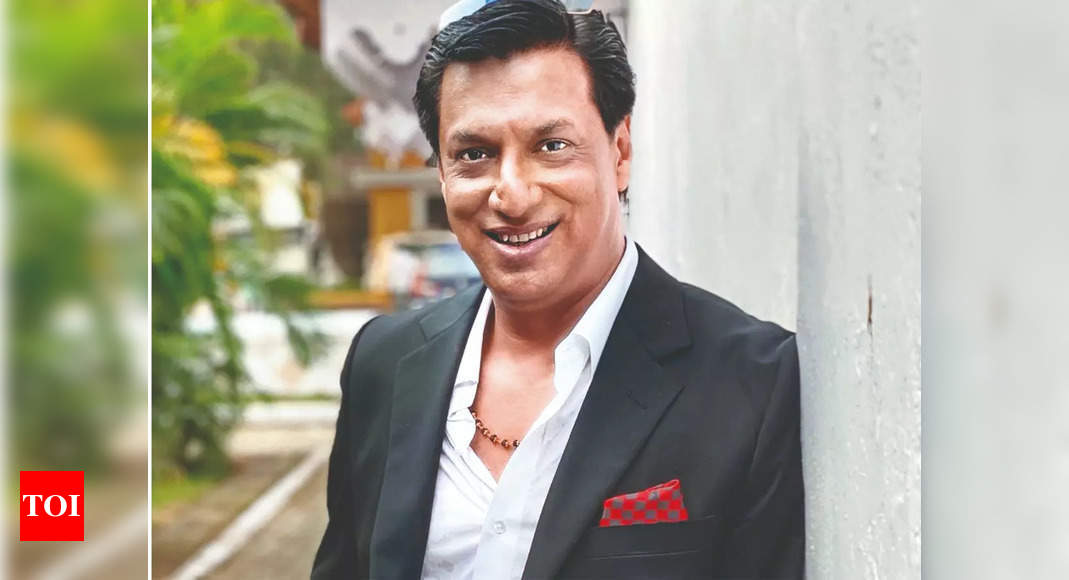Madhur Bhandarkar: Every time I’ve set out to make a film, I seek out-of-the-box stories – Times of India
ahead. Excerpts:
You’ve ventured into the zone of a woman-centric film yet again after Indu Sarkar which had received mixed responses. What propelled you to do that, and that too, after a gap of five years?
Indu Sarkar was a small, but profitable film. I had a bunch of new actors, but I feel very satisfied with the film we made. The producers were happy because it made money and rated well on TV. And it was not meant to be a blockbuster. I knew the scale of the film I was making. I’m a storyteller and I like taking breaks. I don’t make films like a factory anyway. Besides, the pandemic consumed two years of our lives. Apart from that, I’ve always taken breaks to travel, read, watch movies and reconnect with my spiritual side. I have finite needs and I am content with how I live on my terms.

Are you happy with the feedback you’ve received for Babli Bouncer?
As a filmmaker, this is a world that no one has explored and I am happy that it’s been accepted well by the audience. No one prior to this had depicted the world of lady bouncers. This film could’ve easily taken a serious tonality, but we were careful about that. At one point, the thought of making this film for a theatrical run did cross my mind, but once we locked our deal to make it as a digital original, we didn’t ever go back to that idea. Each time that I have set out to make a film, I’ve sought out-of-the-box stories. My director buddies always say that even though we all cross traffic signals, it never crossed their mind to make a film around it. Or about the world of fashion or page 3 parties. I pride myself in the fact that I can spot such stories. These worlds are fascinating and challenging to depict, like Babli Bouncer was. She’s naughty, feisty and a prankster, but she’s principled and strong, too. Tamannaah Bhatia nailed it. The most fascinating part of making this film was to see how beautifully her story unfolded, and how she transitioned from being a rural girl to one in an urban set-up. I’m absolutely delighted and overwhelmed with the appreciation we are getting from all the world. Babli Bouncer is pure entertainment for the entire family and the positive messages that we have been constantly receiving have been heartwarming. I’m glad we could achieve what we set out to do — make a movie that the whole family can watch together and enjoy.
You had roped in Atul Kulkarni in Chandni Bar to feature along with Tabu, who was the protagonist of the film. Casting a male lead opposite strong female actors has often been a challenging task for filmmakers in our cinema. Why do you think that continues to happen?
I can talk for myself here. I have always cast actors according to the character we created on paper. When I made Chandni Bar, I had a lot of actors in contention to play Potiya, but Atul Kulkarni was the perfect fit. I was very impressed with his performance in Heyy Ram. Atul was in two minds, but I was certain because I could visualise him clearly in that character. Likewise, Jai Kalra in Page 3 and Arjan Bajwa in Fashion. As a filmmaker, if I can sense that someone has the potential to pull off a character and I can draw a performance out, I cast that person in the role. Like Tamannaah has shouldered the entire film here, and so wonderfully. She surrendered to my vision. When I cast Sudhir Mishra as the villain in Traffic Signal, he was so uncertain about it. He was forgetting his lines and what have you. But he went with my conviction and eventually, it all worked out. I practice this — I cast actors on the basis of what the character is. I could not have cast a newbie for my film, Heroine. I needed a charismatic girl like Kareena Kapoor Khan, and her star boyfriend had to be played by someone with a certain persona. Hence, Arjun Rampal was cast.
Today, filmmakers and creative thinkers feel liberated that they have an OTT platform as an option for out-of-the-box and bolder content. But you’ve always made bold content. In that context, how well do you think an OTT platform can work for you?
The space to make content the way I see it fit. I mean, even I have stories that can’t be narrated in a measly two hours. I need a longer runtime and the space to let the characters dwell properly. OTT channels allow you to play out content differently. And no matter where you go and what content you make, you have to use certain filters and apply a degree of moderation. It’s always going to be there for each one of us. Back in the day, we only had the option of making movies. Today, we have more options. Digital platforms have also opened doors to a world of content across languages and countries for all of us. There is a paradigm shift in consumption and exhibition. OTT and cinemas will co-exist, but with differentiated content. OTT platforms have given us a parallel universe of stars, writers and directors which is great for the business.
For all the latest entertainment News Click Here

